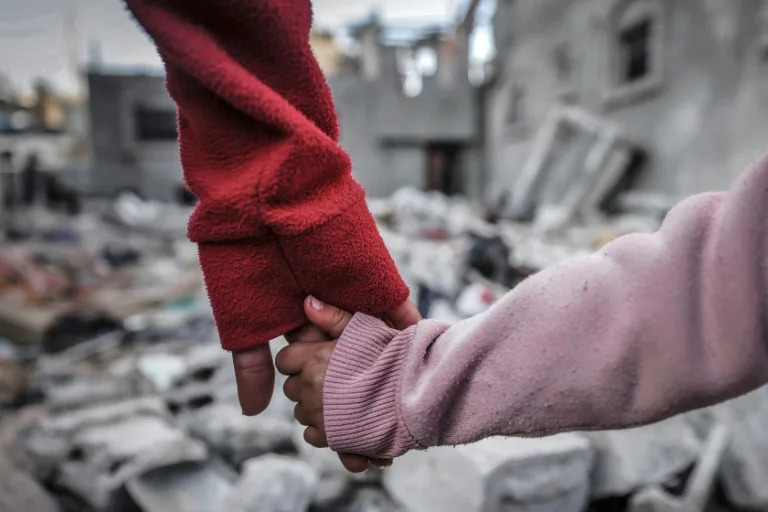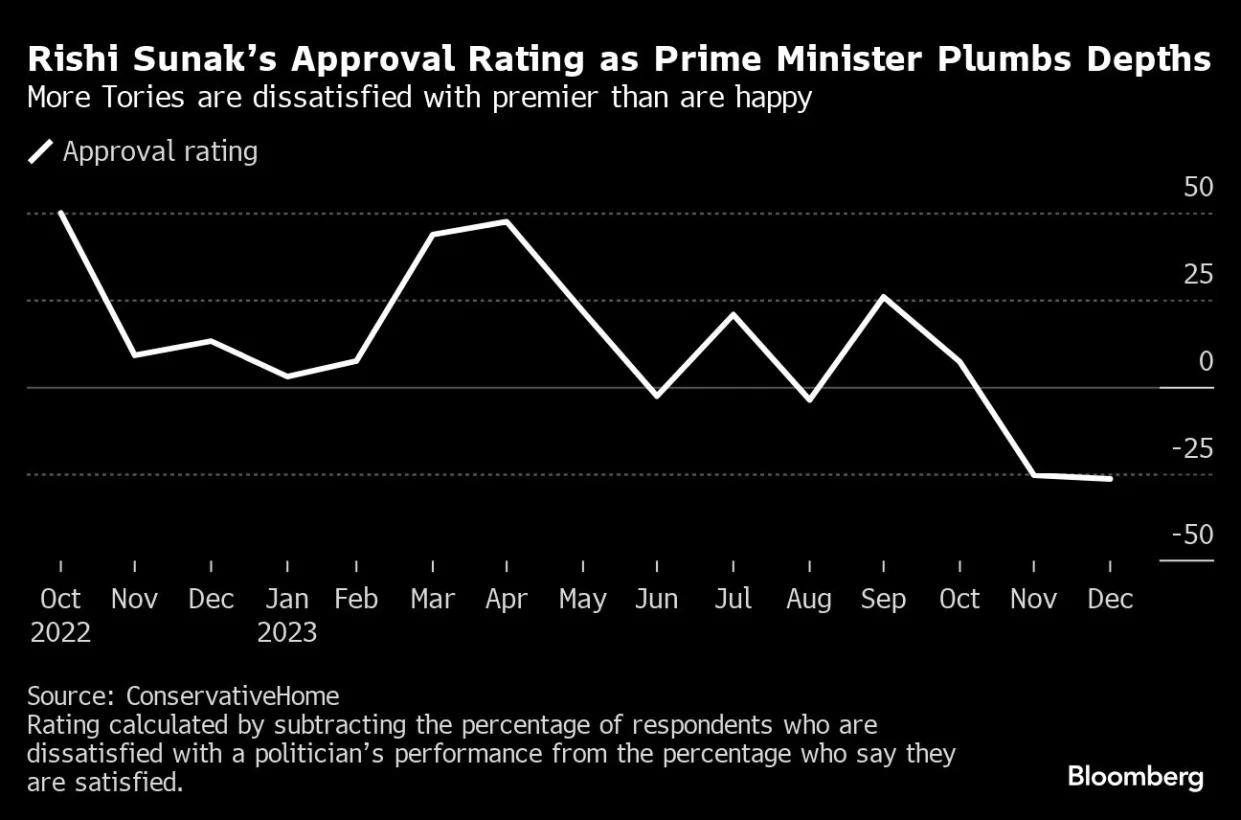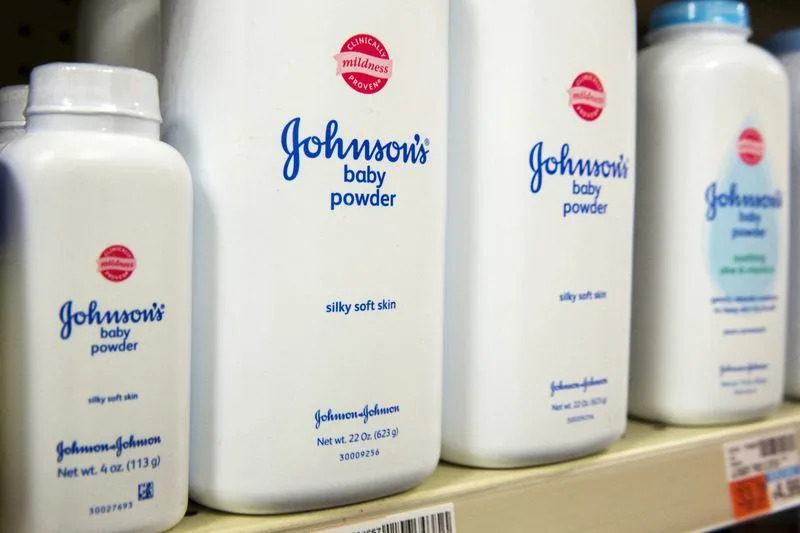Rita Liao
Fri, December 29, 2023

Image Credits: Cheunghyo / Getty Images
A few years ago, robotaxis were the darlings of venture capitalists in China. A cadre of audacious startups, including Deeproute.ai, WeRide.ai, Pony.ai and Momenta reeled in hundreds of millions of dollars to fuel their costly ambitions. With pockets overflowing, they spent generously on building self-driving vehicle fleets. Their geeky executives, swapping T-shirts for sharp suits, cozied up to local officials and nudged policymaking in their favor.
As these companies' valuations continued to climb, however, a sobering reality dawned upon them: the widespread commercialization of robotaxis remains a distant horizon. In the meantime, monetization has become more urgent as their lofty price tags become prohibitive for most investors. Compounding their funding dilemma, the prospect of going public in the U.S., a conventional exit route for Chinese tech firms, has dimmed amidst escalating geopolitical tensions.
Unlike some of their American counterparts that are buoyed by moneyed patrons, namely, Alphabet's Waymo and General Motors' Cruise, China's robotaxi upstarts, including the autonomous vehicle arm under internet giant Baidu, find themselves eagerly seeking alternative revenue streams. As the need to survive eclipses their once-vaunted dream of removing the human driver, China's robotaxi companies shift to less advanced but more commercially viable smart-driving solutions.
Cash-burning robotaxis
Despite years of hype and progress in self-driving technologies, the widespread availability of robotaxis remains a distant reality. That's due to a confluence of challenges, including safety, regulations and costs.
The last factor, in particular, is what has pushed China's robotaxi pioneers toward more opportunistic endeavors. To become profitable, robotaxis need to eventually remove human operators. Though China recently clarified rules around the need for human supervision, taxis without a driver behind the wheel are allowed only in restricted areas at present. To attract customers, robotaxi services offer deep discounts on their paid rides.
Once the subsidies are gone and initial user curiosity wanes, who's willing to pay the same amount as taxi fares for a few fixed routes?
Struggling to address that question, China's robotaxi startups have woken up to the money-burning reality of their business. Their confidence was further dampened recently when Cruise suspended its service nationwide following a severe incident. Burning through $732 million in the third quarter of 2023, Cruise now faces concerns over whether it would be a financial burden on its parent General Motors. To combat surging costs, Cruise is slashing 900 workers, or 24% of its self-driving workforce.
"I was shocked to learn these financial figures," said an executive at one of the Chinese autonomous vehicle startups TechCrunch interviewed.
TechCrunch spoke to six current and former executives at China's leading autonomous vehicle firms, including Deeproute, WeRide, Pony, Momenta and Baidu. Most of them asked for anonymity as they weren't authorized to speak to the media.
"If even [Cruise], a leader in the industry, needs 1.5 operators per vehicle," she added, referring to a figure reported by The New York Times. "Then [robotaxis] are still very far from being a viable business. You'd at least need to reach a human-vehicle ratio of 0.9:1 to have a business that can compete with drivered taxis."
[It's worth noting that the worker-vehicle ratio obtained by the Times is slightly misleading. Cruise's founder Kyle Vogt, who stepped down as CEO in November, had subsequently clarified that the quoted staffing number included not just remote assistants but also those who performed functions like cleaning, charging and maintenance.]
Baidu's CEO Robin Li, however, exudes more optimism in self-driving taxis. In a recent earnings report, he stated Baidu's goal remains unchanged, which is to "achieve breakeven on the regional unit economics for robotaxi operation in a couple of years before turning operationally profitable.”
Another executive agrees that robotaxis are not far from turning a profit. He laid out the math: The revenues generated from robotaxis are essentially the costs saved by removing human operators. Say a taxi driver's salary is 120,000 yuan ($16,800) a year. That means a robotaxi can save up to $84,000 over five years of being on the road. And say the cost of manufacturing robotaxis is 500,000 yuan ($70,000) each, then every vehicle will make about $14,000 over five years.
The outlook seems a bit too optimistic in practice. The prerequisite for these calculations to work out is the complete removal of human operators. To that end, robotaxi firms need absolute trust from both regulators and the public. The Cruise mishap has underscored the vulnerability of this trust, which can crumple overnight due to one serious incident. Materializing the profit envisioned by the executive might still be years away, and in the interim, companies must find more immediate business models to survive.
The promise of OEMs
One logical path to monetize self-driving technology is to sell a less robust version of the technology, namely, advanced driver assistance systems (ADAS) that still require human intervention.
Deeproute, which is backed by Alibaba, significantly scaled back its robotaxi operations this year and plunged right into supplying ADAS to automakers. Its production-ready solution, which includes its smart driving software and lidar-powered hardware, is sold competitively at $2,000. Similarly, Baidu is "downgrading the tech stacks" to find paying customers on its way up what it calls the "Mount Everest of self-driving."
"The experience and insight gleaned from deploying our solutions in [mass-produced] vehicles is being fed into our self-driving technology, giving us a unique moat around security and data," a Baidu spokesperson said.
Momenta was the first to pioneer this business model. For years, it has boasted a two-pronged strategy of selling ADAS to automotive original equipment manufacturers (OEMs) while using data gathered from those cars to inform its Level 4 algorithms. (Level 4 is an SAE term that refers to a system that can drive itself without requiring a human to take control in most circumstances.)
This approach, while scoffed at by its more idealistic rivals at first, has nonetheless given it an enviable network of strategic investors, including some of the world's largest automotive OEMs: General Motors, Daimler, Toyota and China's state-owned SAIC Motor. Unsurprisingly, some of its investors, like GM and Bosch, have become its ADAS customers.
The collective pivot by China's robotaxi operators became increasingly noticeable late last year. Around the same time, some of their American counterparts also showed signs of struggle. Ford- and VW-backed Argo AI shut down in October 2022, seemingly due to its inability to attract new investors. Jim Farley, the CEO of Ford, said shortly after Argo's closure that "profitable, fully autonomous vehicles at scale are a long way off."
Does it make money?
Despite the gold rush to OEMs, AV insiders disagree on how lucrative the business actually is. One of the executives believed that the revenues from selling to OEMs could be limited compared to the potential of running a driverless taxi service. Scaled to hundreds of thousands of vehicles, robotaxis could be a billion-dollar business.
The ADAS business, in comparison, seems much less promising, he said. "China sells about 20 million new vehicles each year. The licensing fee for OEMs is at best several thousand yuan per lifecycle, which means the total addressable market is just several million yuan [$1 ≈ 7 yuan]. Ultimately, the market is going to be divided by several major players because no OEM will risk having only one supplier."
"The OEM business doesn't even come close to the revenue potential of robotaxis," he added.
There's also a question of whether consumers want smart driving features despite the hype -- virtually all established and emerging electric carmakers in China are integrating some level of advanced driving automation.
"A lot of consumers think the feature is optional," said a former robotaxi marketing director, adding that the relationship between OEMs and their software suppliers is increasingly delicate. "In the past, these advanced driving solutions were very much in high demand, but now the OMEs started working on L4 solutions themselves."
Another executive countered this view, suggesting that the relationship is more accurately described as "collaborative competition." That's because traditional OEMs rely greatly on knowledge transfers from software firms and aren't nearly as devoted to investing in self-driving technology internally.
Even when the deals are signed, there remains another challenge: OEMs might be reluctant to share user data with their vendors. Again, the abovementioned executive disagreed, arguing that data sharing is a "win-win" situation for the partners because carmakers want help to debug and improve their software features.
Nonetheless, the executive recognized that building partnerships with OEMs is a lengthy and arduous process. "Such relationships take several years if not a decade to foster, but more importantly, you need a vision and direction. The products are highly customized. Your point of contact grows significantly as you move to the later stages of joint development. You need a lot of different players within the OEM to buy in, from C-level executives to engineers."
The other paths
Other robotaxi players depend on government contracts for survival. WeRide, for example, started its partnership with the Guangzhou Auto Group in its home city in 2021. Their ties have strengthened over time, as GAC injected a strategic investment into WeRide, which, in turn, invested in GAC's on-demand taxi brand OnTime. In Guangzhou, a southern metropolis with a population of over 15 million people, the AV upstart now operates a network of autonomous buses, street cleaners and delivery vans.
Aside from the need to navigate the intricate network of Chinese bureaucracy -- which could easily be an even more opaque and laborious process than developing relationships with OEMs -- the financial prospect of the business might not be so rosy after all.
"It's a three-tier nested capital structure," observed the CEO of a Chinese delivery van company. "GAC invested in WeRide, WeRide invested in On-Time and On-Time in turn procures services from WeRide. In other words, there's no revenue being generated."
Whether this pessimistic view holds remains to be seen, but WeRide at least is exploring other means to raise capital. In August, it received Beijing's greenlight for its plan to go public in the U.S., a route that is now under growing scrutiny by the Chinese government, which fears that cross-border data transfers mandated by U.S. authorities could pose national security threats.
Lastly, there's Pony, which at the time of writing still holds the crown as the most valued robotaxi company in China. With a history of conducting R&D in the Bay Area, it seems to be the most aligned with its U.S. counterparts in the breadth of its self-driving ambitions. Pony, too, is trying to diversify its income sources as its IPO plan remains thwarted after it failed to gain support from Chinese regulators.
The company chose the path of self-driving trucks and undertook the endeavor in-house in the early days. But an internal reshuffle last year that merged its trucking and passenger car units prompted the departure of several key trucking managers. Since then, Pony seems to be relying more on forming joint ventures to continue its logistics pursuit.
As commercial and funding activities become challenging at home, some of China's robotaxi darlings are exploring overseas markets. Both Pony and WeRide have expanded to the Middle East, which is seen by entrepreneurs as a relatively untapped market with friendly regulations and ample funding, just like China ten years ago. Pony raised $100 million from Saudi Arabia to put AVs on the country's roads while WeRide secured the first AV testing permit in the neighboring United Arab Emirates.
China's robotaxi trailblazers have yet to prove that their new monetization models work. As funding dries up and losses continue to accumulate, the next year will likely be a make-or-break time for their self-driving dreams.
China’s robotaxis charged ahead in 2021
















